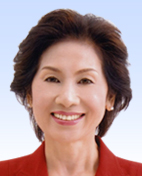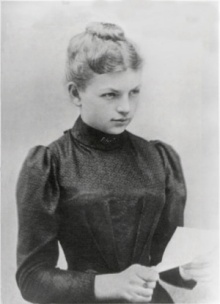Keiko Itokazu
/Overview
Keiko Itokazu born Yomitan, Okinawa, Japan October 11, 1947. “Peace Guide.” Independent member of Japanese House of Councilors. Co-Chair, Okinawa Women Against Military Violence.
Quotations
“We should spend our tax money on welfare, not war. Military bases don’t protect the human rights of women and children. They destroy the natural environment, and tear Okinawan peoples’ hearts apart.” (Women for Genuine Security, Jul. 2014; photo sangin.go.jp)















